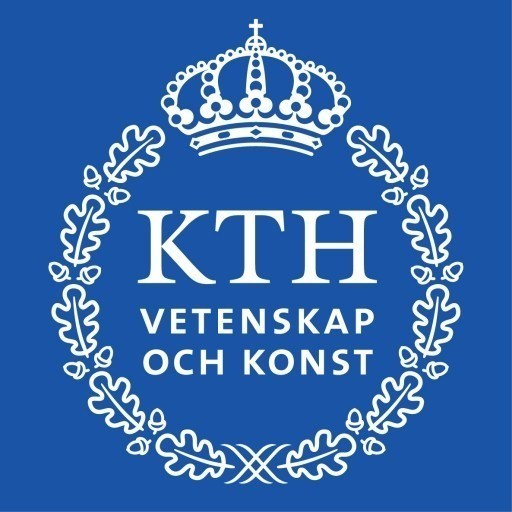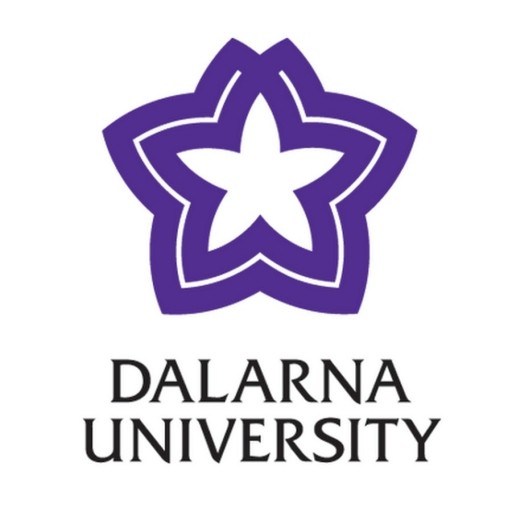The Master’s programme in Nuclear Energy Engineering offers students an extensive and detailed education in the key areas pertaining to nuclear technology. After graduation, students will be well-prepared for future positions within the advanced nuclear technology field, or in a nuclear science and technology research environment.
The Master’s programme in Nuclear Energy Engineering at KTH is also a part of the European Master in Innovative Nuclear Energy – EMINE. The first year of study at KTH can be combined with a second year of study at the top French universities either in Paris (ParisTech – a cluster of universities in Paris) or in Grenoble (Grenoble Institute of Technology – INP) resulting in a double diploma degree.
Compulsory courses will provide all students in the programme with a strong foundation in the reactor physics and technology field. Research-oriented students will have several possibilities to choose courses in preparation for work in reactor physics research or in a nuclear engineering research environment. At the same time, students interested in more industry-related nuclear engineering can choose courses preparing them for a position in the industry, with an optional management-oriented specialisation.
Year 1
Mandatory courses
- Sustainable Power Generation 9.0 credits
- Nuclear Reactor Physics, Major Course 9.0 credits
- Radiation, Protection, Dosimetry and Detectors 6.0 credits
- Nuclear Reactor Technology 8.0 credits
- Nuclear Power Safety 6.0 credits
Optional courses
- Reactor Chemistry 6.0 credits
- Renewable Energy Technology 6.0 credits
- Nuclear Physics 8.0 credits
- Generation IV Reactors 6.0 credits
- Radiation Damage in Materials 6.0 credits
- Leadership for Safe Nuclear Power Industry 6.0 credits
- Elements of the Back-end of the Nuclear Fuel Cycle: Geological Storage in Precambrian Bedrock 7.5 credits
- Thermal-Hydraulics in Nuclear Energy Engineering 6.0 credits
- Nuclear Reactor Dynamics and Stability 6.0 credits
- Monte Carlo Methods and Simulations in Nuclear Technology 6.0 credits
- Numerical Methods in Nuclear Engineering 6.0 credits
Year 2
Mandatory courses
- Theory and Methodology of Science (Natural and Technological Science) 4.5 credits
- Research Methodology in Physics 3.0 credits
- Degree Project in Physics, Second Cycle 30.0 credits
- The Nuclear Fuel Cycle 6.0 credits
Optional courses
- Atomic Physics for Fusion 6.0 credits
- Plasma Physics 6.0 credits
- Transmutation of Nuclear Waste 8.0 credits
- Management in Nuclear Industry 6.0 credits
- Neutron Transport Theory and Reactor Kinetics 6.0 credits
- Compact Reactor Simulator- Exercises in Reactor Kinetics and Dynamics 6.0 credits
- Chemistry and Physics of Nuclear Fuels 8.0 credits
Degree project and thesis
Students will complete the two-year Master’s programme with a degree project. The project and its resultant thesis may be performed at the Albanova University Centre (KTH), or at an external research facility, in a company in Sweden or in another country. With the growing need for competent employees in the nuclear industry, there are many opportunities to perform this project at a company in the industry. KTH’s nuclear departments have already established an excellent tradition of conducting several degree projects per year at top Swedish nuclear power companies (e.g. Vattenfall, Westinghouse, Forsmark).
There are also close contacts with other universities and research centres in Europe, USA and Asia, with opportunities for students to work abroad.
Requirements
- A completed Bachelor's degree, corresponding to a Swedish Bachelor's degree (180 ECTS credits), or equivalent academic qualifications from an internationally recognised university.
- Students in their final year of undergraduate education may apply to KTH and, if qualified, receive conditional acceptance. If you have not yet completed your studies, please include a written statement issued by the degree awarding university. This statement must be certified and stamped by the Academic Registrar's Office, the Examinations Office or equivalent of the institution. Statements from other staff members, such as faculty members, will not be accepted.
- Students who are following longer technical programmes, and have completed courses equivalent to a Bachelor´s degree (180 ECTS credits), will be considered on a case-by-case basis.
- Cover sheet (generated from the web-based application). However, if you have a Swedish personal ID number or if you choose to upload your documents, the cover sheet is not required.
- Certificates and diplomas from previous education at an internationally recognised university.
- Transcripts of records (including course list). All courses taken and grades must be included. Sort them in reverse chronological order, i.e. put the last received document on top.
- Proof of English proficiency.
- A copy of your passport or some other document of identification. If you are from an EU/EEA country or Switzerland and are required to document your citizenship status in order to be considered exempt from paying application and tuition fees, your passport copy must be certified. If you are not a citizen of an EU/EEA country or Switzerland, certification of your passport copy is not required.
- Completed summary sheet
- IELTS A minimum overall mark of 6.5, with no section lower than 5.5 (only Academic Training accepted).
- TOEFL Paper-based test: total result of 575 (written test, minimum grade 4.5)
- TOEFL Internet-based test: total result of 90 (written test, minimum grade 20)
-
A Bachelor's degree corresponding to 180 ECTS, or equivalent, with an academic background in at least one of the following fields; atomic/subatomic physics, mechanical engineering, applied physics, electrical/chemical engineering relevant to power generation/distribution, energy utilisation, material science.
-
In addition the BSc Cumulative Grade Point Average (CGPA) should be at least 75 % of the scale maximum.
Want to improve your English level for admission?
Prepare for the program requirements with English Online by the British Council.
- ✔️ Flexible study schedule
- ✔️ Experienced teachers
- ✔️ Certificate upon completion
📘 Recommended for students with an IELTS level of 6.0 or below.
Scholarships
- KTH Scholarship
- Russian Presidency Scholarship for Abroad Studies


